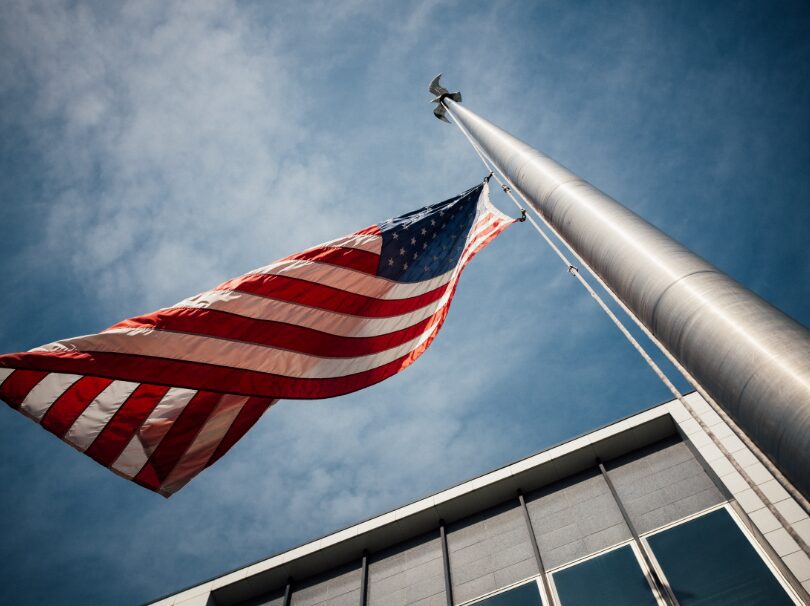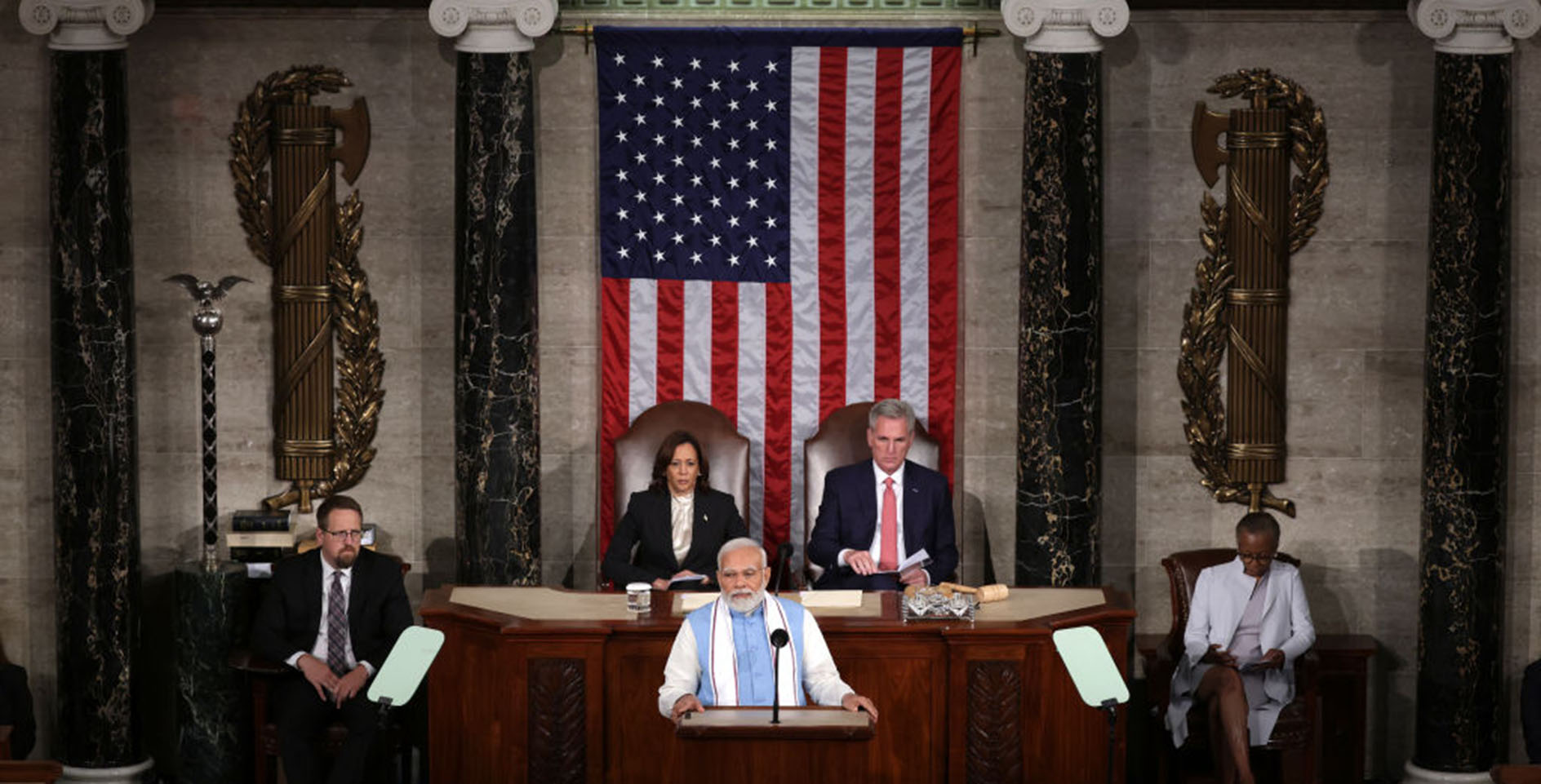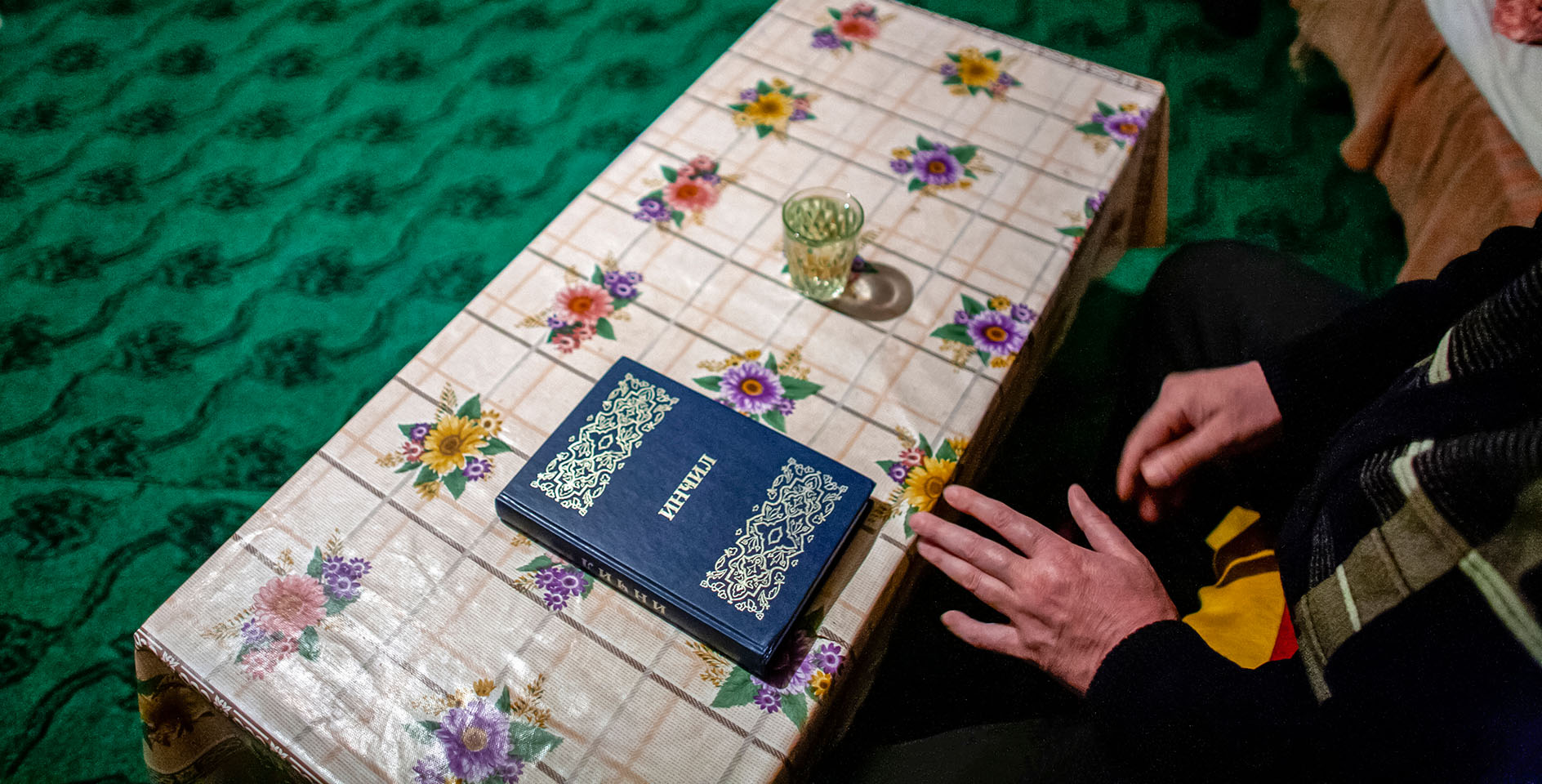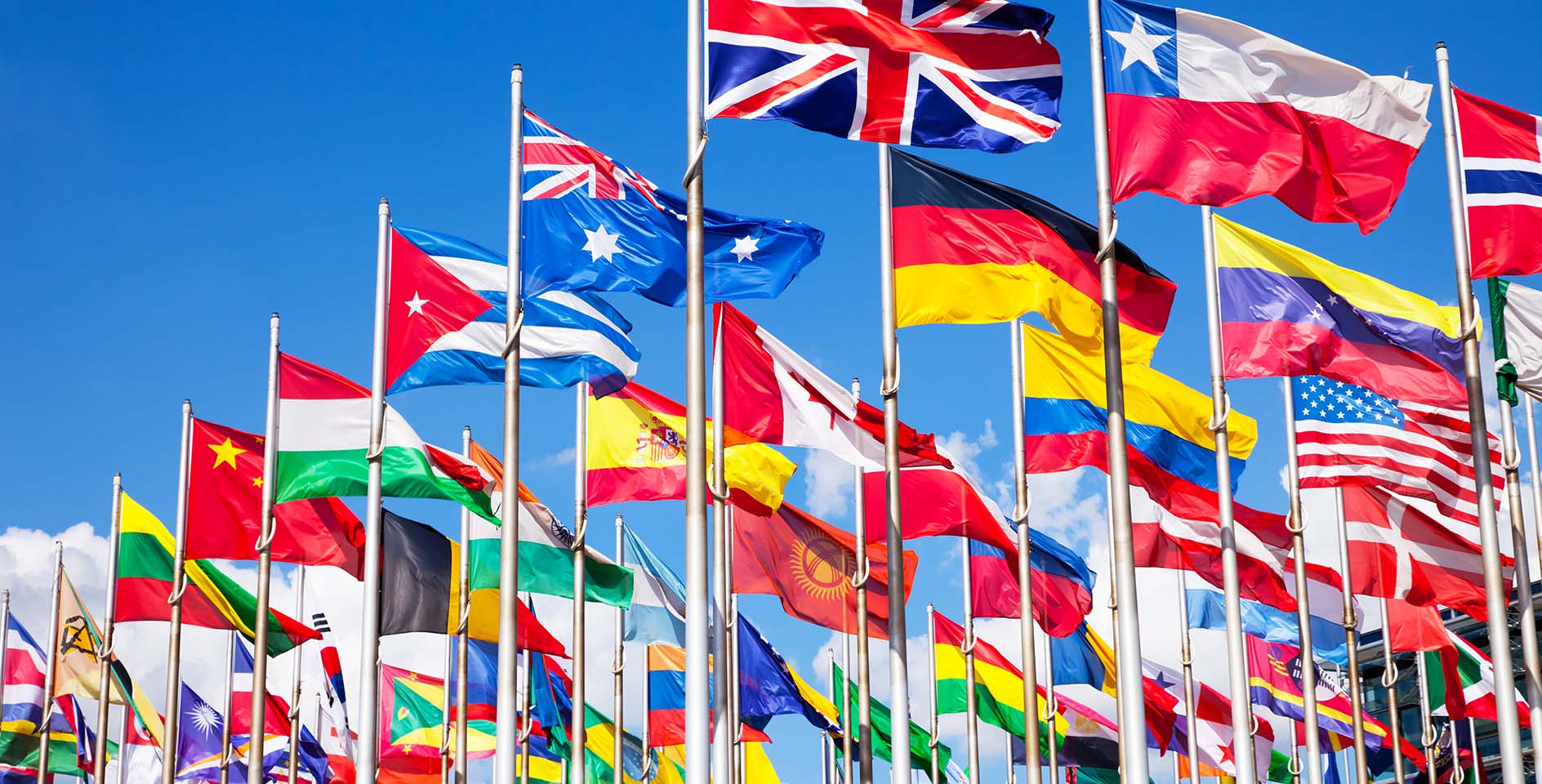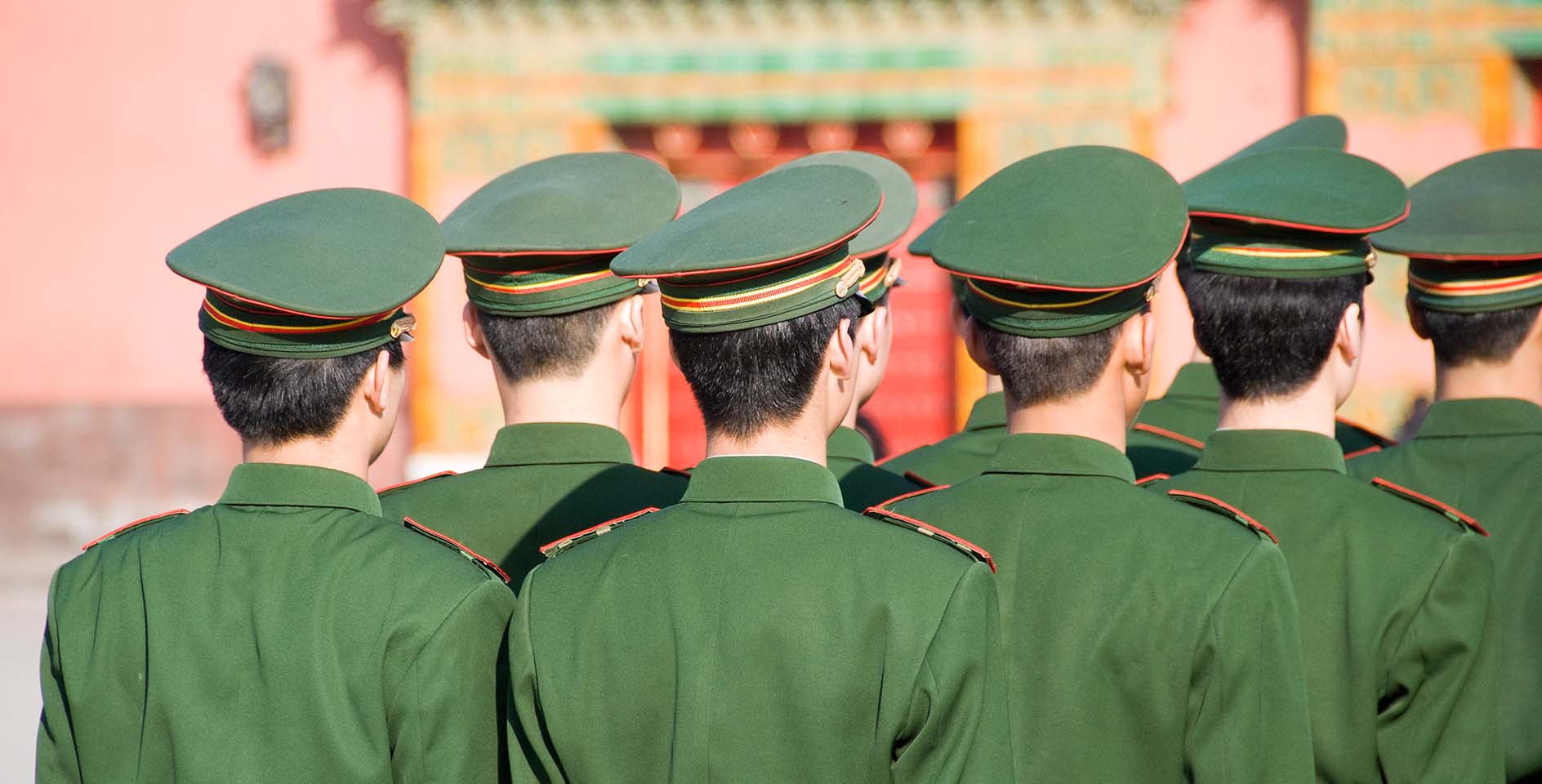On May 7 I had the privilege of watching as my colleagues at the Ethics & Religious Liberty Commission stood with Christian leaders from different denominations, and from around the world, to publicly support our fellow Christian brothers and sisters and other small religious communities who are being persecuted in the Middle East.
I soon realized this was more than just a press conference; it was a call to action.
Members of the press, relief aid workers, religious groups, and congressional staff heard from a variety of speakers, including leaders of Greek Orthodox, Armenian Apostolic, and Catholic churches. The common refrain from all 13 speakers was affirmation of the dignity of every person as created in the image of God. This should be the driving force in speaking out against the persecution of religious minorities in the Middle East; specifically, those minorities who are being harmed, even killed by radical Muslims.
The call to action was clear and forceful: We cannot afford to do nothing. “We are forgotten,” said Anglican Canon Dr. Andrew White who was away from his Baghdad flock. “We will be held accountable one day for the way we responded to them in their hour of need,” said Barrett Duke, VP of Public Policy and Research of the ERLC.
Dr. Jerry Johnson, president of the National Religious Broadcasters (NRB), reaffirmed this point when he stood to speak for—and to—the media connected to the NRB. He urged members of the media in attendance to act on their calling as the bullhorn for the minority.
To visualize the urgency of the matter, Johnson shared footage aired on Egyptian television that showed the moments immediately prior to an execution of a Christian. After viscerally describing the execution that followed, Johnson said, “If a moderate Muslim broadcaster can tell that story, American media can tell that story, and certainly Christian media must tell these stories.”
Throughout the event, it was clear that those present in the room were not the primary audience for this message. We were simply bridges by which the news of persecution would reach our own audiences, in hopes that the message would then spread far and wide.
After hearing a majority of the speakers, I was left wondering what I, an American with no immediate ties to the Middle East, can do to help. My gut response was to lift them up in prayer. But what else could be done?
Enter Johnnie Moore of Liberty University. One of the final speakers, he assured those who shared the lectern their words would not be forgotten by the 50 percent of the world under the age of 25. “I want you to know you have the voice of the next generation, if it’s only my voice. It’s not the end of anything, it’s the beginning of it. We shall pray, and we shall work, and maybe our children’s children will live in a world where religion is talked about not in a context of tragedy but in our best hope.”
Friends, let us find a way to let those in our circles know how to pray for those persecuted for their faith in the Middle East. Read the pledge in its entirety and then contact your senators and urge them to support legislation creating a high-level Special Envoy on Middle East Religious Minorities. The bill (S. 653) has already passed the House by a sweeping margin, 402-20.
We cannot afford to remain silent.



